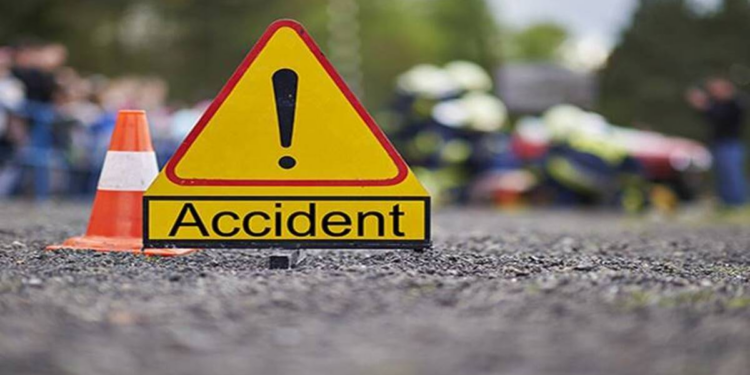Recently, six persons were confirmed dead, while others sustained injuries in an accident involving a train and a Lagos State Bus Rapid Transit (BRT) staff bus, in the Shogunle area of Ikeja, Lagos.
According to reports, the staff bus was trying to cross the rail track, with the moving train closing in. The train hit the bus and dragged it from PWD Bus Stop to Shogunle, where it stopped, a distance of nearly 100 metres.
We also recall that in December last year, a passenger train heading to Abuja from Kaduna crushed a woman to death in the Chikakore axis of the Kubwa area of the Federal Capital Territory.
Similarly, in January, a train bound for Abuja from Kaduna derailed in Abuja. Luckily, nobody died from the accident.
We also won’t forget in a hurry the attack on trains by bandits in Kaduna and Edo states in the last 11 months, resulting in the injuries and loss of lives of passengers, in addition to the abduction of others. This should not happen again.
In the considered opinion of this newspaper, the recent train accidents in Lagos and Abuja have once again brought to the fore the need for urgent action to address the safety issues plaguing the country’s railway system. It is stating the obvious that there is the need for comprehensive measures to prevent such incidents in the future.
These accidents are not isolated incidents but are indicative of a larger problem facing Nigeria’s railway system.
Before the current administration took the commendable step to revive the nation’s rail transport system, the country’s rail infrastructure had been neglected for many years, resulting in dilapidated tracks, outdated signaling systems, and poorly maintained rolling stock.
To reduce the number of train accidents in Nigeria, there is a need for urgent action to be taken by the government, railway authorities, and other stakeholders.
In our view, Nigeria’s railway system requires significant infrastructure upgrade. The government must invest in modern signaling systems, tracks, and rolling stock. This will ensure that trains can travel safely and at higher speeds, reducing the likelihood of accidents.
Also, regular maintenance of the railway system is crucial in ensuring safety. The government must invest in the training of personnel to maintain the railway system and ensure that they are equipped with the necessary tools and equipment to carry out their duties.
We also strongly suggest that there is a need for the establishment and enforcement of safety regulations governing the railway system. The railway authorities must ensure that trains comply with safety standards, and all personnel involved in the operation of trains are adequately trained.
Also, there is a need for improved communication between train drivers and control towers is essential to prevent accidents. The government must invest in modern communication systems that will ensure that train drivers receive timely and accurate information about the track conditions ahead.
Besides, most Nigerians don’t know the safety signs as regard the railway system because of the long years of neglect of the sector. The government must embark on an aggressive public awareness campaign to educate the public on the dangers of train accidents.
This will ensure that people are aware of the risks involved in crossing railway tracks and the need to obey safety regulations.
In addition to the above measures, there is a need for the government to collaborate with the private sector to invest in the railway system. Private investment in the railway system will not only improve the quality of the infrastructure but also bring in expertise and innovation that will enhance safety.
Without a doubt, most of the train accidents in Nigeria are due to human error, yet no one has been prosecuted. We have consistently maintained that crimes continue to fester in the country because people are not punished for bad behaviour.
It is pertinent to note that the recent train accidents in Lagos and Abuja are a wake-up call for the Nigerian government and railway authorities to take urgent actions to address the safety issues facing the country’s railway system.
In view of the foregoing, we believe that by implementing these measures, Nigeria can reduce the number of train accidents and ensure the safety of its citizens.



